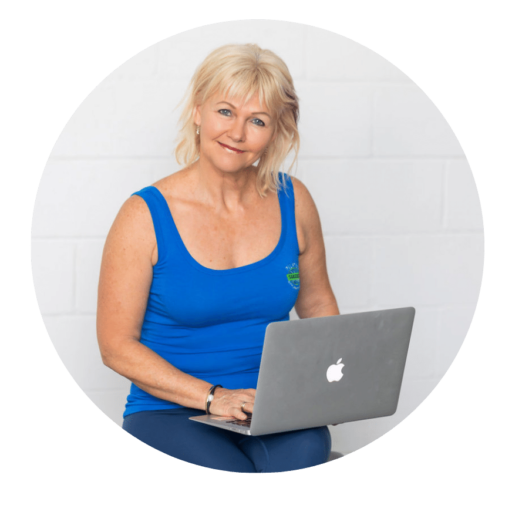There’s nothing better than waking up feeling refreshed and full of energy. For most people, this can take some effort and planning. An energized morning requires not only a disciplined bedtime routine, but also healthy dietary habits.
By choosing these good habits you can do much more than just improve your mornings; these changes can also lead to better overall health for your body. Here’s a step-by-step guide to a better night’s sleep for you:
1. Exercise for Better Rest
Exercise and sleep have a special relationship that creates harmony throughout the body—harmony that translates to how well you feel in the morning. Research has shown that exercise aids in getting a better night’s rest and to better subsequent exercise performance. Exercise is also linked to lowering many common sleep problems, such as sleep apnea. Keep in mind that you don’t want to exercise too close to bedtime.
2. Make Early Bedtime a Priority
Getting to bed at a decent time and sleeping for seven to eight hours nightly can increase overall health and the ability to wake refreshed. Skimping on sleep for as little as an hour a night is associated with a long list of health-related problems. Even “mild sleep restriction” can decrease your energy, the quality of your mornings, and decrease your daily fat burning by up to 50 percent.
A healthy protein snack will aid the body recover while sleeping so that you can wake refreshed. Additionally, quality protein is reported to be one of the best sources of nutrition for helping regulate glucose metabolism, weight loss, muscle growth, and the retention of lean body.
Researchers have found that a cooler environment makes for improved rest and better mornings. The consensus is that people get their best rest when their sleep environment is around 15.5 degrees. When the bedroom is too warm or too cool, sleep quality may not be optimal. Poor sleep is associated with alterations in insulin sensitivity and hormonal regulation.
3. Forget the Electronics Before Bed
Light-emitting electronic devices used before sleep make it harder to fall asleep. This delayed sleep onset can cause glitches in the body’s natural rhythm, suppressing production of melatonin in the body.
A lack of melatonin leads to reduced amounts of deep sleep that is needed for morning alertness. When technology is used in the evening it can increase alertness, making it more tempting to stay up late. Turning off the late-night technology will help you to rest deeply, so that your body can release appropriate levels of growth hormone and cortisol, allowing you to wake refreshed and ready to go.
Sandra Leigh is a Professional Pilates Instructor, Qigong Teacher, Trainer and Coach who specialises in helping woman over 40 live free from physical and emotional pain!
If you would like to find out more about how SANDRA LEIGH TRAINING can you help you.
Please contact Sandra Leigh at
[email protected]
http://WWW.PILATESSUCCESS.COM.AU
mob: 0409 625 131

Sandra Leigh is a Professional Pilates Instructor, Qigong Teacher, Trainer and Coach who specialises in helping woman over 40 live free from physical and emotional pain!
If you would like to find out more about how SANDRA LEIGH TRAINING can you help you.
Please contact Sandra Leigh at
[email protected]
http://WWW.PILATESSUCCESS.COM.AU
mob: 0409 625 131